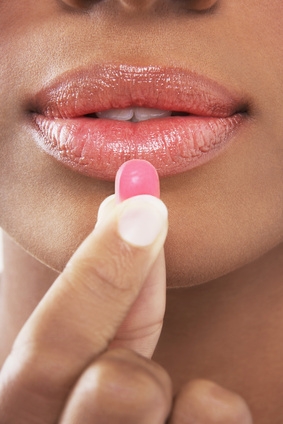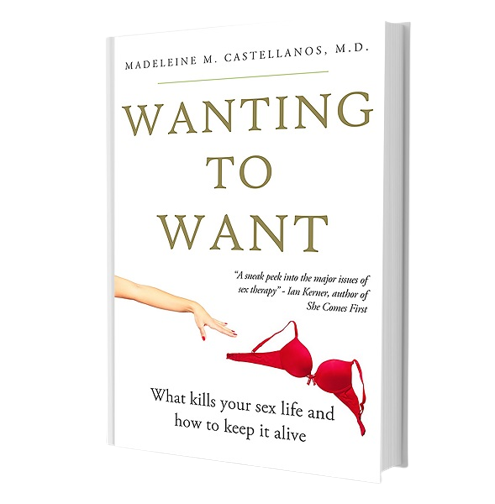Why Women’s Sexual Desire Takes More Than a Pill

Since the release of Viagra for men in 1998, people have been asking if there would be something similar produced for women. Viagra, along with the other PDE5 inhibitors Cialis and Levitra, has been extremely successful beyond even the expectations of the pharmaceutical companies themselves. But this does not mean that these medications are a panacea for men’s sex lives. For some men there exist physical problems that cannot be overcome with a PDE5 inhibitor. In others, their anxiety level is higher than the effect of the medications. Still others have difficulty with their relationships such that a newly found erection is not necessarily desired by the partner, and the sex still doesn’t happen. Interestingly enough, there are men who have achieved erections, but still don’t have much desire for sex. So even though in many cases a PDE5 inhibitor is very effective, they are a simplistic solution to a sometimes multi-faceted problem.
The hope is that research will continue into the science of sexual medicine, and specifically for the myriad of sexual difficulties that some women experience. Unfortunately, the media continues to promote the idea that these can be solved quickly and simply (The 7 things to do her in the bedroom that will ….. [fill in the blank]). With their nickname ‘female-Viagra’, the media continues to fuel an expectation of instant gratification. Although it is important to have more treatment options available to women, a medication may only address one aspect of desire and does not take into consideration all of the factors that go into shaping a woman’s sexual desire.
Here are just some of the major factors that contribute to a woman’s desire to have sex:
1. Physical state: A woman’s sexual desire is greatly influenced by her hormonal state, so it fluctuates during the month and experiences significant changes with age and menopause. Add to this the physical factors of general physical health, drugs or medications, diet and energy level, and any medical condition or injuries that would interfere with experiencing sex in a pleasurable way.
2. How a woman feels about herself: If a woman has a negative body-image or is unhappy with her body, she is much less likely to feel any desire to share herself with a partner. A woman has to be pleased with her body in order to allow herself to experience pleasure from it. Otherwise, she will avoid contact and her mind will be preoccupied with negative thoughts about herself. A healthy and positive self-image is independent of age, size, shape, etc.
3. How a woman feels about her partner: Most women are not interested in sharing sex with a partner when they have a majority of negative feelings towards them. Anger, frustration, fear, disappointment, and loss of respect do not generate sexy thoughts or feelings towards that partner.
4. Psychological state: Anxiety is probably the most significant factor that causes problems in sex for both men and women. When a woman feels anxious, that anxiety creates a cascade of negative thoughts that distract her from feeling sexy or imagining how sex could be a positive experience. Depression is perhaps the most pronounced killer of sexual desire, literally taking away a women’s energy, motivation, and ability to feel pleasure.
5. How a woman feels about sex in general: When a woman has learned to have a very negative view of sex, such as “Sex is dirty and you’re not supposed to like it,” these thoughts often drown out any desire that she may feel. Messages such as these are very strong and often difficult to reverse.
So we see that what goes into sex and sexual desire is not so cut and dry. Desire, especially for women, is determined by a myriad of both individual and relational factors. If a woman wants a satisfying sex life and to have a healthy sexual desire, it’s going to take more than a pill.










I want to be able to enjoy sex with my partner but I cant perform or release anything from me it feel good but I want to get excited when he does but I cant he can it wants too but I cant I need help cause I want to enjoy just like him.thank you
Jennifer, maybe you are a little too anxious or distracted? I talk about this in my new book Wanting to Want: What Kills Your Sex Life and How to Keep It Alive which you can get on Amazon. I talk about how distractions and disconnection can interfere with pleasure, and discuss other issues which cause problems as well. Hope this is helpful.